Dandelion health benefits

Dandelion is a flowering plant that belongs to the genus Taraxacum. It is commonly known for its yellow flowers and is often considered a weed. However, it has many health benefits and has been used in traditional medicine for centuries. Dandelion leaves, roots, and flowers are highly nutritious and are rich in vitamins, minerals, and fibre. They can be eaten cooked or raw and are often found in herbal teas and supplements. Dandelion may offer health benefits such as promoting liver health, fighting inflammation, and supporting blood sugar management. It may also boost skin, heart, and bone health
Nutritional, chemical, and biological properties of dandelion
- Dandelion components: Dandelion contains various bioactive compounds such as β-carotene, CRA, CGA, TS, taraxerol, and sesquiterpene lactones. These compounds have different health benefits and pharmacological effects.
- Dandelion parts: Different parts of dandelion have different concentrations of these compounds. The leaves and flowers have more polyphenols than the stems. The roots have a high content of inulin, a complex carbohydrate with prebiotic properties.
- Seasonal variation: The content of some compounds in dandelion varies depending on the season. For example, methylsterols are more abundant in winter, while sitosterol and cycloartenol esters are more prevalent in summer.

Common uses of dandelion:
- Food: Dandelion leaves, roots, and flowers are highly nutritious and can be eaten cooked or raw. They are often found in herbal teas and supplements. Dandelion leaves can be used in salads, sandwiches, and soups. Dandelion roots can be roasted and used as a coffee substitute. Dandelion flowers can be used to make wine, syrup, and jelly.
- Medicine: Dandelion has been used in traditional medicine for centuries. It may offer health benefits such as promoting liver health, fighting inflammation, and supporting blood sugar management. It may also boost skin, heart, and bone health. Dandelion leaves and roots can make herbal teas, tinctures, and supplements.
- Compost: Dandelion leaves and roots are rich in nutrients and can be added to compost to enrich the soil.
- Dye: Dandelion flowers can be used to make a natural dye for yarn and cloth.
- Toys: Dandelion flowers can be woven together to make crowns and garlands for creative play
Researche on Dandelion
There are several research studies on dandelion that have investigated its potential health benefits. For example, a 2019 review published in Phytochemistry Reviews found that dandelion has antioxidant, antibacterial, anti-inflammatory, antiviral, cytotoxic, diuretic, and hepatoprotective properties. Another study published in Medical News Today in 2023 found that dandelions show both antiviral and antibacterial properties. The study also found that dandelion may be able to help reduce blood lipids, including cholesterol and triglycerides

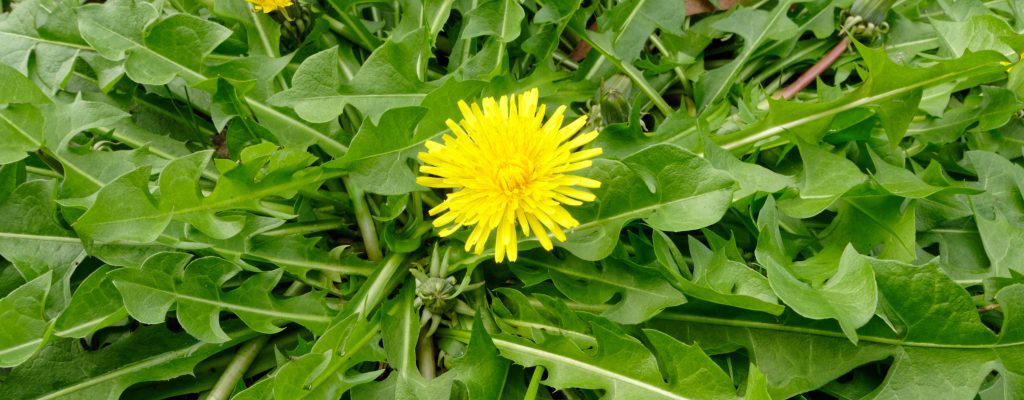

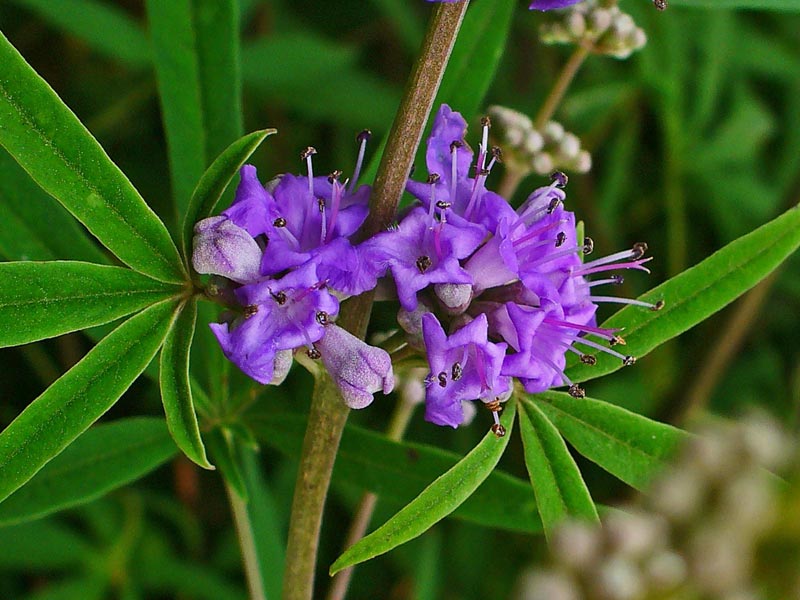
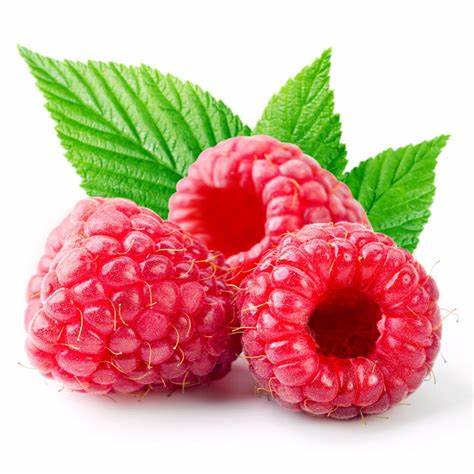

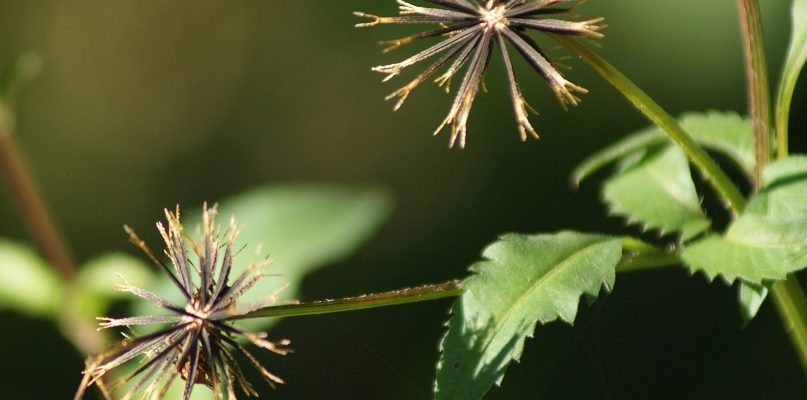
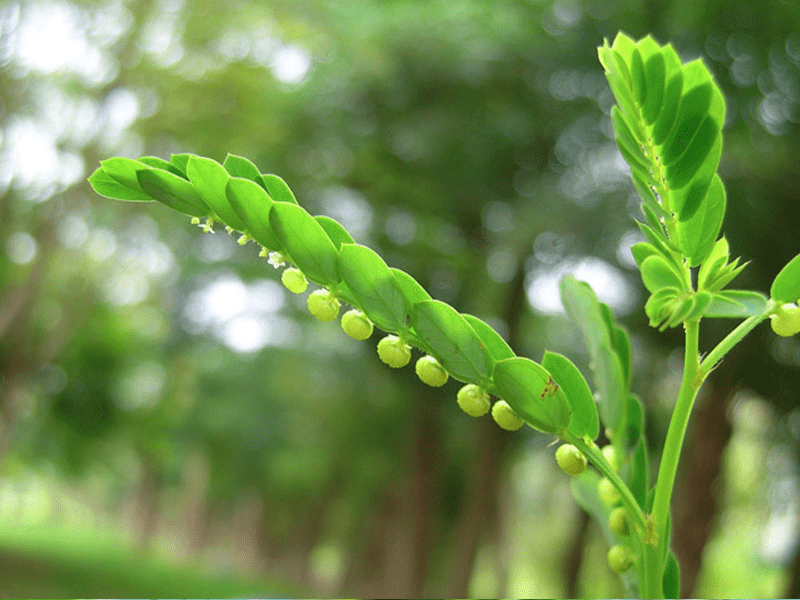

Review Dandelion (Taraxacum Officinale).
You must be logged in to post a review.